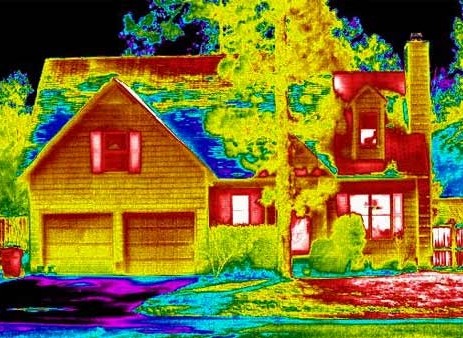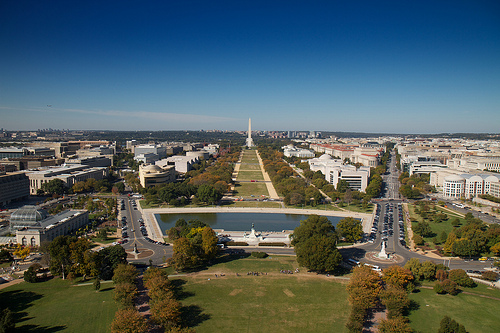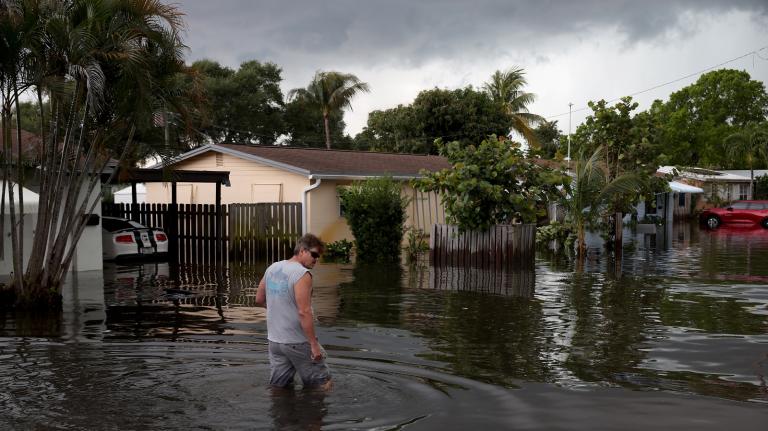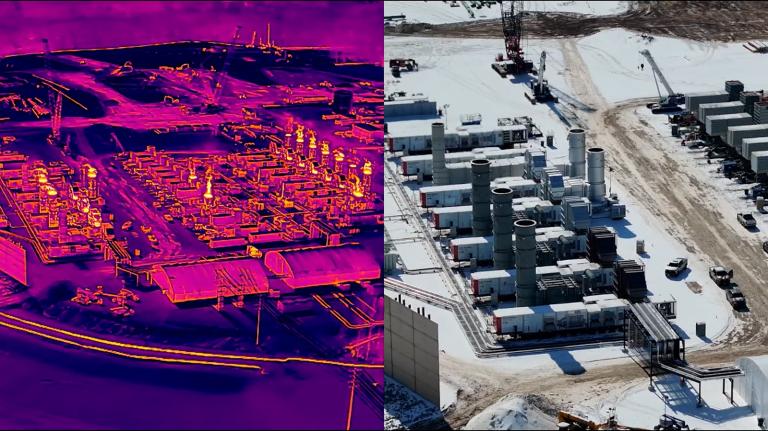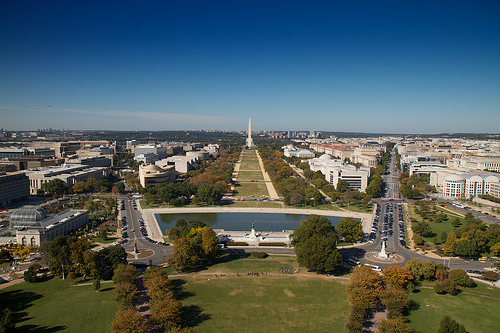 Should this skyline be set in stone?Photo: Rob ShenkEarlier this week, Jon Hiskes picked up on a story in the San Francisco Chronicle about the divide between “young greens” and “old greens” in their attitudes toward development and density in the Bay Area.
Should this skyline be set in stone?Photo: Rob ShenkEarlier this week, Jon Hiskes picked up on a story in the San Francisco Chronicle about the divide between “young greens” and “old greens” in their attitudes toward development and density in the Bay Area.
Today, Daniel Malouff at Beyond DC writes that he sees the exact same dynamic at work in Washington, D.C., where the preservationist (mostly older) Committee of 100 for the Federal City has been at odds with some of the city’s (mostly younger) bloggers who advocate for smart growth and increased density, most notably Greater Greater Washington.
It’s sad, really, because the Committee of 100 has fought and won some truly important battles for the integrity of the city — including, in the 1950s and 1960s, blocking a hideously destructive freeway network that would have gutted neighborhoods and parks. It seems they should be natural allies of urbanists like the people at Greater Greater Washington.
Malouff gets right to what he sees as the psychological root of the divide:
[T]he experience of fighting a never-ending rear-guard action against bad ideas left that [older] generation neurotic about new development. The city spent so long building crap that the preservationist contingent simply can’t wrap its mind around the possibility that change might be good. Fifty years of mostly horrible, anti-urban development has convinced an entire generation that all new development must be bad.
Then there’s the new order. The younger generation of which I am part. Unlike the older generations that watched livably urban cities empty out, my generation started with empty cities and has watched them fill back in. The crap of the late 20th Century is what we were born in to. It’s our starting point. Since then, almost every change to the city has been for the better. Neighborhoods have revitalized, ghettos have disappeared, transit options have expanded. The city is a far better place now than it was when my generation first started paying attention in the early 1990s, so we’re comfortable with change. We think of it as a positive force. We want more of it.
Can the older generation get over its case of development-induced PTSD? Can the leaders of the younger generation find a way to make the changes comprehensible to those who came before? Or is this family quarrel going to end in permanent estrangement?
